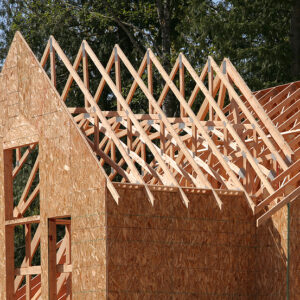An all-encompassing uniform statewide building code might speed development, but it could also raise costs.
The state does have a building code adopted by the legislature that covers all New Hampshire towns. However, the individual towns can and do create amendments to address their various needs.
Thus, the needs for “local control” are addressed.
It seems logical that developers invest in the research and understanding of the state codes and amendments for each town rather than push for a state all-encompassing building code. This will ultimately save time and money.
To illustrate my point, in New Hampshire, the seacoast has much stricter wind codes compared to other towns (for example, Hooksett). Hooksett and other inland towns and northern towns have much stricter codes regarding snow loading. If all of New Hampshire had the same building codes, the most stringent requirements would be in place even when not necessary.
Therefore, those building in Hooksett would be required to expend additional funds to beef up structures based on non-existent wind loads. Those building on the seacoast would spend additional funds on non-existent snow loads.
The result of having one common building code would ultimately drive up building costs with unnecessary expenses. It may take time to understand the codes, but it will save money in the long run.
It is also important to note that contractors in Massachusetts are required to take classes and become licensed in construction before working there. New Hampshire does not license contractors, but typically does have experienced code enforcement officers available to assist and make sure the work is done correctly.
Switching to a uniform statewide building code might speed development, but we believe that it will result in increased costs and enforcement of unnecessary requirements.
Bruce Thomas is the Town Engineer, and Dana Prendergast is the Code Enforcement Officer in Hooksett, New Hampshire.




